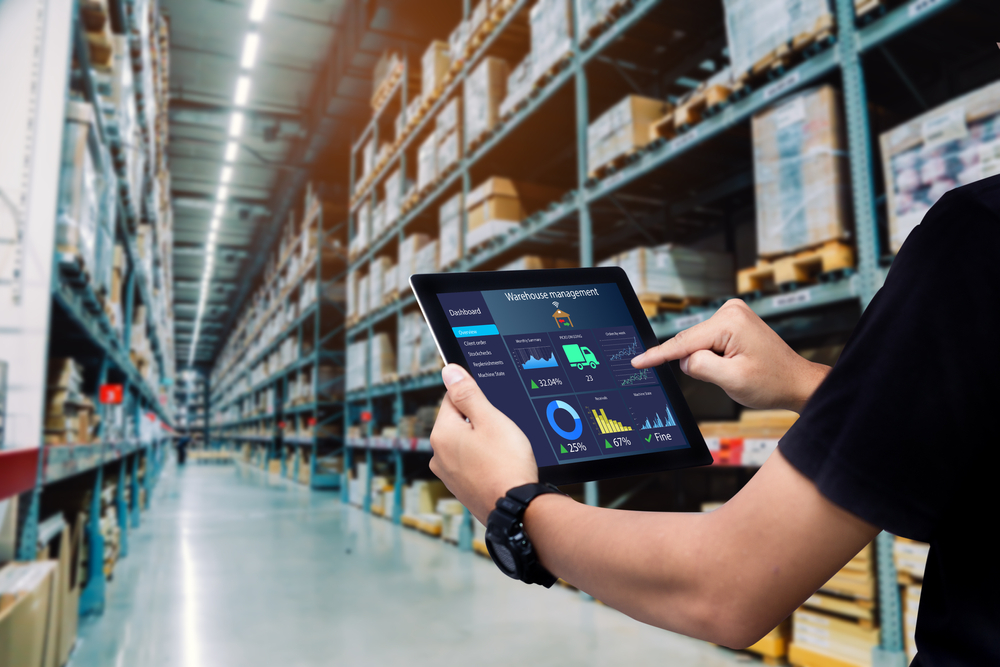Retail Facility Management: how it improves chain and large-scale retail management
The world of Retail, characterised by shops and activities spread over several locations in different cities and regions, is a sector in which Facility Management is long established and consolidated.
With more than one location to manage and the need to keep premises, structures and systems always in perfect condition, whilst guaranteeing comfortable and functional environments, maintenance cannot be left to chance and assistance must always be guaranteed in a short time and at a high quality, also and above all in the event of an emergency.
Retail Facility Management, 5 specific needs
Chains and the world of large-scale retailing – often characterised by large numbers in terms of buildings scattered in distant and diverse geographical areas – generate a considerable amount of work, and there are many variables to consider when talking about management.
Specifically, there are five needs to which the Facility Manager must be able to respond:
- the need to manage a decentralised structure, with businesses divided over several points of sale located throughout a territory;
- compliance with regulations and legal obligations concerning labour, maintenance and work safety (Legislative Decree 81/8);
- costs and investment optimisation, to cope with managing heterogeneous buildings and facilities;
- the need for a system to coordinate and control branches and monitor time and costs of services provided by suppliers;
- achieving energy efficiency and the reduction of environmental impact.
Retail Facility Management, 7 key advantages that make the difference
Choosing a Facility Management provider in the Retail world is not easy: it is necessary to evaluate a multitude of factors, taking into account the characteristics of the business activity.
More specifically, there are 7 aspects that a Facility Management service should provide for this specific sector:
- the presence of a dedicated project manager, who acts as a direct point of contact for the client and for each branch;
- competent and flexible staff, guaranteeing high quality service levels, rapid intervention times and problem solving;
- responsibility for compliance and fulfilment of legal obligations assumed by the provider;
- consolidated experience related to current regulations, with dedicated in-house functions;
- quality, environmental and occupational safety certifications;
- cost clarity and transparency, with a fixed fee and pre-defined price lists for out-of-contract activities, as well as the use of subcontracting only when necessary;
- business planning and feasibility plans to meet efficiency and savings targets.
A single point of contact for customised services
For this type of user, the Facility Management service must be customised according to the needs and requirements of each individual point of sale. Above all, rapid intervention must be guaranteed in order to promptly resolve any unexpected events that could compromise the use of the shop – from changing a light bulb to repairing an air conditioner or a boiler.
In addition, it is important to provide the customer with a dedicated information system that allows for the integrated and joint monitoring and management of all locations, offers a full view of each branch’s individual activities and cost centres, and enables the integration of innovative Mobile Application and Cloud Computing solutions.
A further key feature is the ability to meet green expectations of retailers through monitoring and controlling the energy system, in order to measure actual costs and promote saving as well as the development of ad hoc plans to encourage energy savings.
For this, it is certainly better to rely on a single specialised point of contact, who will draw up a tailor-made plan and continuously take care of the complete check-up of the systems and any maintenance activities, monitoring the situation in real time. In this way, it would be possible to reduce consumption and minimise the risk of emergencies occurring, with the assurance that issues will be resolved promptly, at all times.
 English
English

